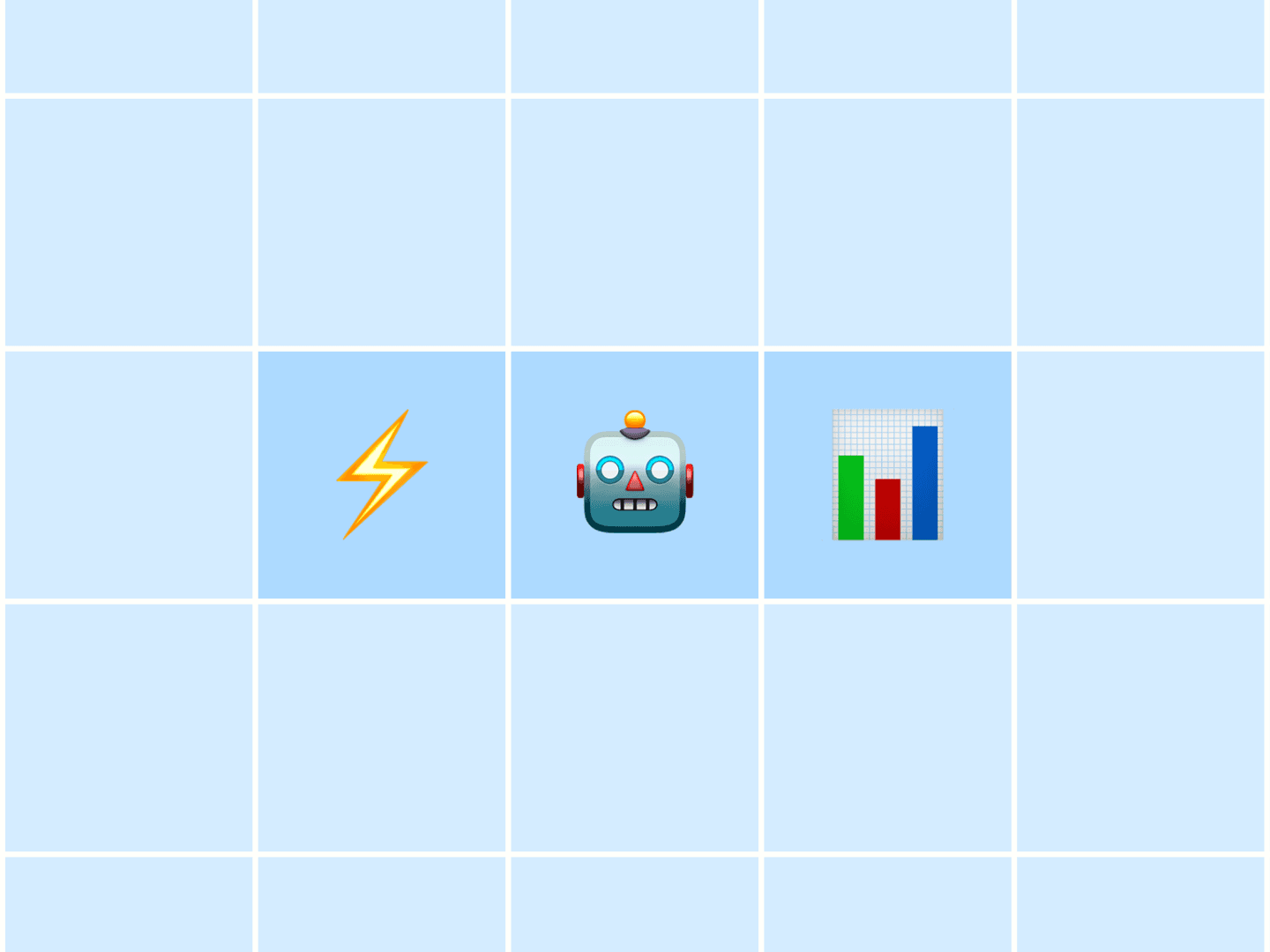When you have a goal — whether it’s starting a business or eating healthier or traveling the world — it’s easy to look at someone who is already doing it and then try to reverse engineer their strategy.
In some cases, this is really useful. Learning from the experiences of successful people is a great way to accelerate your own learning curve.
But it’s equally important to remember that the systems, habits, and strategies that successful people are using today are probably not the same ones they were using when they began their journey.
What is optimal for them right now isn’t necessarily needed for you to get started. There is a difference between the two.
Let me explain.
What is optimal vs. what is needed
“If you set your bar at ‘amazing,’ it’s awfully difficult to start.”—Seth Godin
Learning from others is great and I do it all the time myself.
But comparing your current situation to someone who is already successful can often make you feel like you lack the required resources to get started at all. If you look at their optimal setup, it can be really easy to convince yourself that you need to buy new things or learn new skills or meet new people before you can even take the first step toward your goals.
And usually, that’s not true. Here are some examples.
Traveling the world. Every time I travel, I see so many backpackers who have spent a fortune on gear: rainproof bags, moisture-wicking clothes, special shoes. Now I’m not saying gear is useless. Great gear can make your life much easier on the road, but it’s not required. You don’t need new shoes to start running. You don’t need new cooking bowls to start eating healthy. And you don’t need a new backpack to start traveling. Those things might be optimal, but they are not needed in the beginning.
Starting a business. When you’re an entrepreneur, it’s so easy to get obsessed with optimal. This is especially true at the start. I can remember being convinced that my first website would not succeed without a great logo. After all, every popular website I looked at had a professional logo. I’ve since learned my lesson. Now my “logo” is just my name and this is the most popular website I’ve built.
Eating healthy. Maybe the optimal diet would involve buying beef that is only grass-fed or vegetables that are only organic or some other super-healthy food strategy. But if you’re just trying to make strides in the right direction, why get bogged down in the details? Start small and simply buy another vegetable this week — whether it’s organic or not. There will be plenty of time for optimization later.
Avoiding by optimizing
Claiming that you need to “learn more” or “get all of your ducks in a row” can often be a crutch that prevents you from moving forward on the stuff that actually matters.
- You can complain that your golf game is suffering because you need new clubs, but the truth is you probably just need two years of practice.
- You can argue that it’s hard to travel light without the right backpack, but the truth is you could make it work with what you have now.
- You can point out how your business mentor is successful because they use XYZ software, but they probably got started without it.
Obsessing about the ultimate strategy or the ultimate diet or the ultimate golf club can be a clever way to prevent yourself from doing hard work.
I’m all for optimizing and improvement. One percent gains fill me with joy. Tiny habits leave me smitten. Disturbing levels of consistency make my heart flutter. But don’t let visions of what is optimal prevent you from getting started in the first place.
An imperfect start can always be improved, but obsessing over a perfect plan will never take you anywhere on its own.
This post originally appeared on JamesClear.com. Image Credit: pobre.ch
Try Buffer for free
190,000+ creators, small businesses, and marketers use Buffer to grow their audiences every month.


